If you want to start an argument, then begin a conversation about banning specific dog breeds. Pit bull is a catchall term for dogs who’ve unwittingly become the poster child for bad dogs. They’re often the instigators of these heated debates that center around BSL.
Breed-specific legislation, or BSL, is an umbrella law that tries to control dog ownership according to breed. It’s a well-intentioned law to reduce dog attacks. Only it misses the target. We’ve all seen the nightly news targeting a dog minority like the pit bull terrier as the culprits.
There’s no argument that dog attacks are horrific. Dog owners worldwide have an opinion on how dogs should be reared, exercised, trained, and bred. None can agree with BSL because it only masks the problem and is discriminatory.
What BSL needs to accomplish is responsible dog ownership for all dog breeds. There is no direct correlation between dog bites, dog breeds, and owners.
Banned Dog Breeds by State Legislative Restrictions
According to the NIH (National Library of Medicine), dog bites are a health problem. However, there isn’t a thorough study examining dog bite stats and demographics to form a clear picture. Breed-specific legislation BSL is a confusing and touchy issue around dangerous dogs.
Despite that, some dog breeds take the brunt of breed-specific laws. The American Bar Association fully endorses installing breed-neutral dangerous dog and reckless owner laws and repealing dog breed discrimination.

Breed-specific laws are a catchall that targets pit bulls, which technically don’t exist. It unfairly includes the American Pit Bull Terrier, American Staffordshire Terrier, Staffordshire Bull Terrier, English Bull Terrier, and mixes of these breed dogs, regardless of the dog’s temperament, history, or ownership.
This regulated breed category also includes the American Bulldog, Chow Chow, Dalmatian, Doberman Pinscher, German Shepherd, and Rottweilers or their mixed breed offspring in some specific jurisdictions.
Currently, more than 1000 cities across America declared breed-specific laws instead of identifying and tracking individual dangerous canines and their owners. This pit bull ban affects innocent dogs and their families. It punishes them simply for existing.
Currently, 21 American states enforce statewide BSL, and 29 don’t have statewide bans (but cities or counties can have breed-specific prohibitions).
Should Certain Dog Breeds Be Considered Illegal?
That is a loaded question in a country where everyone can own a cupboard full of legal weapons. Since there are no actual breed-based studies, the answer should be a unanimous no. However, in America, it’s okay to ban or restrict dog ownership of certain pit bull terrier breeds.
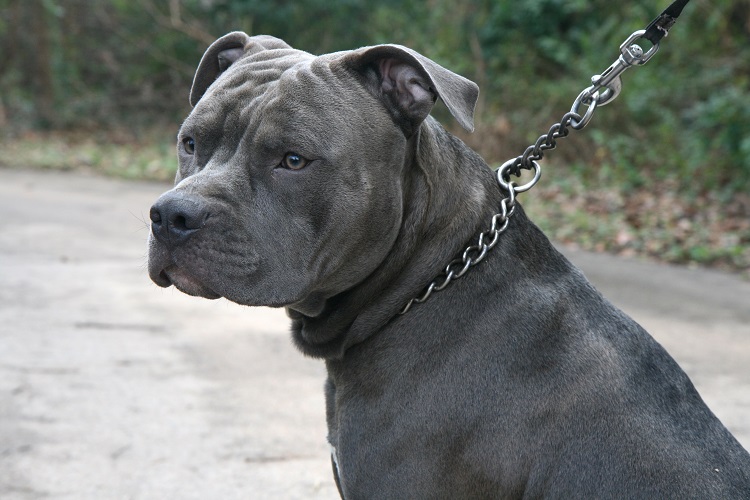
The sad reality of breed-based regulations, without any convincing statistics, is that they affect innocent dogs and pet owners. Shelters and rescue missions face the fallout of these decisions too. Shelters become suddenly overrun with dogs that had to say bye to their families.
Although it’s taken time, better insight and an informed public are refocusing the power of these decisions.
BSL is undergoing revision. Repealing the Breed-Specific Legislation Toolkit is a democratic way to find reasonable solutions based on hard facts rather than emotional motivation. By understanding the basics, communities can move toward a healthier environment for dogs and owners.
Which States Are Prohibiting Breed-specific Legislation?
Although breed-specific legislation is undergoing some scrutiny for effectiveness, the Federal U.S. Government doesn’t enact this legislation. However, the United States Armed Forces restrict specific breeds in on-base accommodations and private housing in 300 bases. American Indian Reservations also rely on BSL in over twenty locations.
Since 2018, sixty municipalities have repealed BSL, while 17 states prohibit municipalities from enacting and passing breed-specific laws.
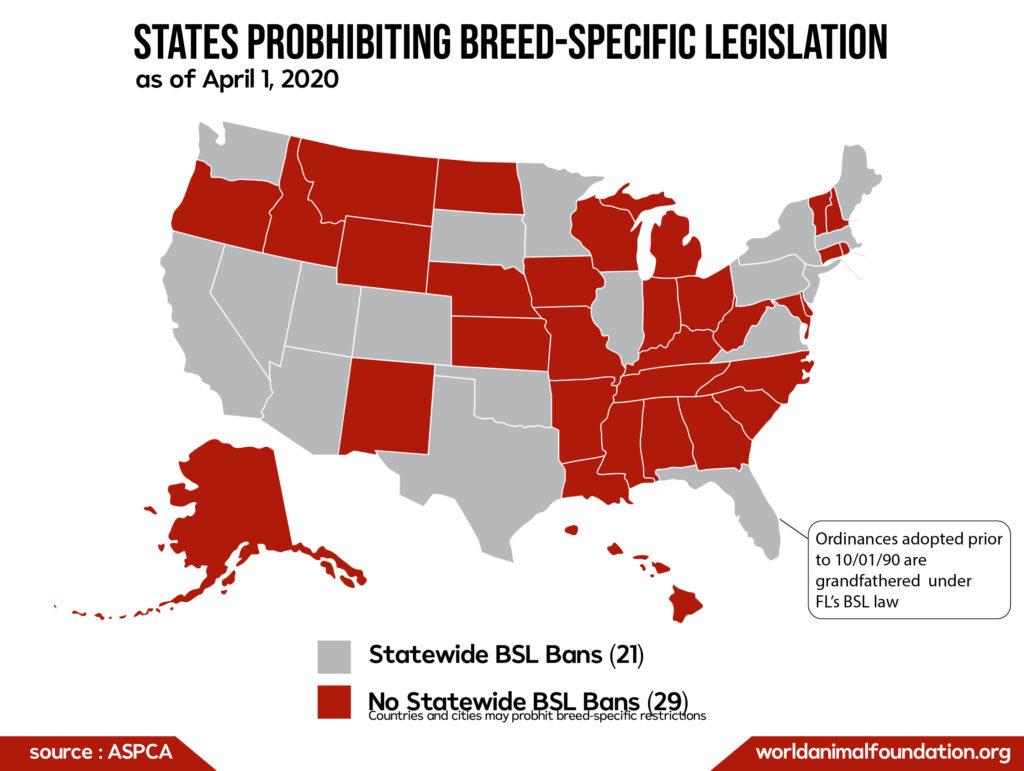
- California (allows breed-specific spay/neuter)
- Connecticut
- Colorado
- Florida
- Illinois
- Maine
- Massachusetts
- Minnesota
- New Jersey
- New York
- Nevada
- Oklahoma
- Pennsylvania
- Rhode Island
- South Dakota
- Texas
- Virginia

Breed-specific bans are common worldwide. This ban includes importing breeds deemed dangerous, like American Pit Bull Terriers, Staffordshire bull terriers, and other mixed-breed dogs.
Implementation of Breed-Specific Legislations
Many countries implemented some version of BSL, while 41 countries instituted BSL nationwide. BSL does not only affect the pitbull (associated breeds) but many other breeds of dogs classified as restricted breeds.

Restricted breeds might include:
Cane Corso, Akita, Australian Cattle Dog, Belgian Malinois, Bouvier Des Flandres, German Shepherd, Doberman Pinscher, Rhodesian Ridgeback, Rottweiler, English Mastiff, and other less common breeds.
In the United States, each state adds its own definition and expectation.
States with restrictions include the following:
- Colorado
- Missouri (Springflied)
- Kentucky
- Washington (Enumclaw)
- West Virginia
States with bans in place:
- Florida
- Maryland
- Iowa
- Michigan
- Missouri (Kearney, Independence)
- Tennesse
- Washington (Royal City)
- West Virginia (Wheeling) (yet West Virginia allows dog racing)
The bans and restrictions in these states and locations dominantly target pit bull breeds (which don’t actually exist) and pit bull owners. At least 60 municipalities have repealed BSL since 2018.
Other Countries
Canada doesn’t regulate pit bulls. However, two provincial governments (Ontario and Manitoba) restrict or ban pit bulls (related breeds).
In the United Kingdom, breed-specific legislation falls under the Dangerous Dogs Act 1991. Owners of “Specially Controlled Dogs” must get court exemptions and meet the mandated rules. These rules include compliance insurance, neutering, microchipping, or tattooing. It’s illegal to sell or exchange these dogs.
Dogs that fall into this controlled dog segment include pit bull terriers, Japanese Tosa, Dogo Argentino, and Fila Brasileiro.
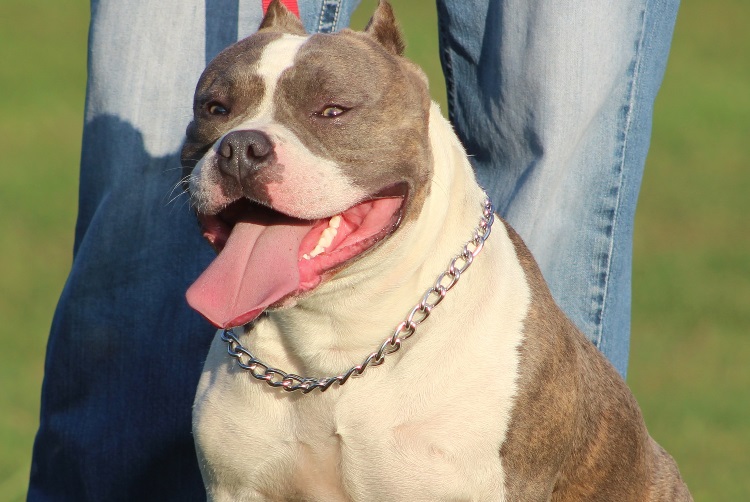
Ireland has twelve dogs in the controlled category that include these breeds and the pit bull category:
- Dogo Argentino
- Bull Mastiff
- Doberman Pinscher
- German Shepherd (Alsatian)
- Rhodesian Ridgeback
- Rottweiler
- Japanese Akita
- Japanese Tosa
Important Regulatory Clubs and Associations
Breed-specific legislation has many adversaries and proponents. Although the war on repealing BSL is tenuous, many influential organizations stand firmly against these unfounded rules. Whenever people need to defend their argument, they quote experts. Here is a solid list of anti-BSL experts.
The American Bar Association is a fearless champion fighting to change the current standards in the USA. It’s fighting to put the onus back on dog owners.
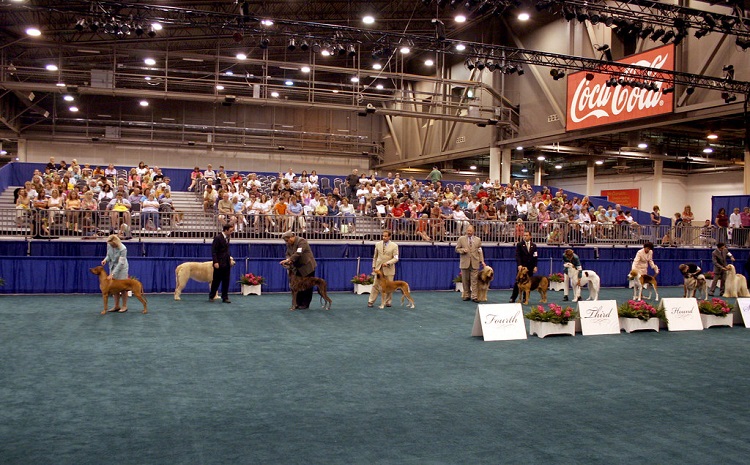
The American Kennel Club stands firmly against classifying dogs as dangerous based on breed. According to the AKC, public officials can’t fairly enforce BSL.
From the American Veterinary Medical Association (AVMA): dog bite statistics are not statistics based on accurate situation details. A key reason dog bites from larger dogs are more problematic is that they inflict more damage. Small dog breeds also bite and cause severe injury.
Therefore: “Statistics on fatalities and injuries caused by dogs cannot be responsibly used to document the ‘dangerousness’ of a particular breed, relative to other breeds, for several reasons.”
“BSL is ineffective and can lead to a false sense of community safety,” according to the American Veterinary Society of Animal Behavior (AVSAB).
Experts from the CDC (Centers for Disease Control and Prevention) say: “Any dog of any breed has the potential to bite.”
“BSL targets the wrong owners and directs the undue burden on law-abiding and responsible owners.” A snippet from the National Animal Control Association.
To prevent dog bites, we need multifactorial approaches focused on better ownership, education, and fines for reckless dog owners. Effective dog bite laws hold all dog owners equally responsible for the humane care of dogs, regardless of breed. This statement is from the NCRC (National Canine Research Council).
Wise words from the Obama Administration suggest, “We don’t support breed-specific legislation—they’re largely ineffective and a waste of public resources.”
If an insurance company doesn’t believe BSL works, like State Farm Insurance, there must be something to it. SFI doesn’t ask about the breed on their policy documents.
According to HUD (Housing and Urban Development), the breed has no bearing on a housing community’s overall public health and safety. Conclusions must be made on an individual basis and evidence.
The HSUS and the ASPCA continue to fight for the fair treatment of all dogs, regardless of breed. They encourage people to act responsibly and protect their dogs and the community.
Are Breed-specific Laws Effective?
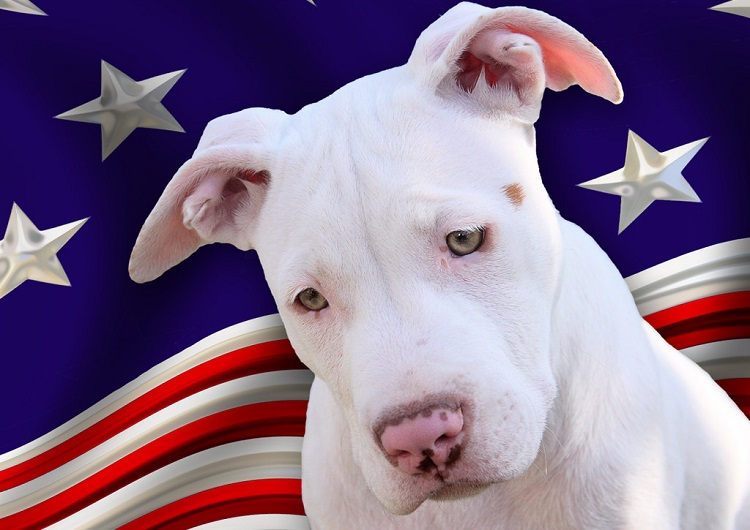
People have every right to feel safe within their communities. BSL is a false sense of security without evidence supporting its effectiveness.
The CDC (Center for Disease Control and Prevention) conducted a study on human fatalities from dog bites and also opposes BSL and discredits persistent false theories.

A recurring problem with BSL is that it’s based on inaccurate information. There needs to be more data to substantiate breeds (mixed breeds) and bites. Also, it’s impossible to enforce. Cost is another significant factor.
Consequences of Breed-specific Laws?
Repealing breed-specific laws isn’t just about a specific breed of dog. It’s about education and changing the mindset shaped by misinformation. A glaring clue hides in the acronym BSL (every American understands that ‘B.S.’ divides the nation, and the L should stand for Love.)
Ultimately, BSL hurts innocent animals who, through no fault of their own or their handlers, suffer the consequences of being maliciously targeted.
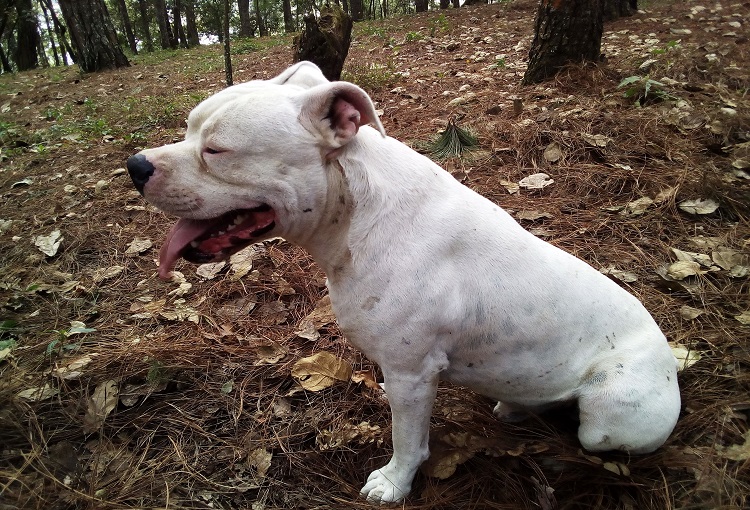
Dogs end up with the brunt of the hurt. An owner might lead a life of fear and hide their dogs. This means that a breed that thrives on the benefits of exercise and socialization spends its life as a recluse. This hidden lifestyle also impacts other facets of the breeds life:
- No routine vaccinations
- No spay or neutering
- No mental or physical stimulation
- Microchipping and other surgeries
It also means that adoptable dogs end up on death row.
Compassionate owners also bear the brunt of discrimination and harassment. Those who target these owners make victims of responsible, caring citizens who might face eviction. They also incur fines and legal costs and might have to abandon their dogs in shelters or euthanize an innocent dog.
And finally, the public gets a false sense of security. Breed-specific laws don’t change the dynamics of irresponsible owners or vicious dogs in sheep’s clothing. It also takes valuable resources away from communities without enforcing laws pertaining to:
- Dog licenses
- Leash laws
- Dog fighting laws (don’t get me started)
- Anti-tethering (chaining) laws
- Unique spay and neuter laws
- Create diseases from lack of vaccinations
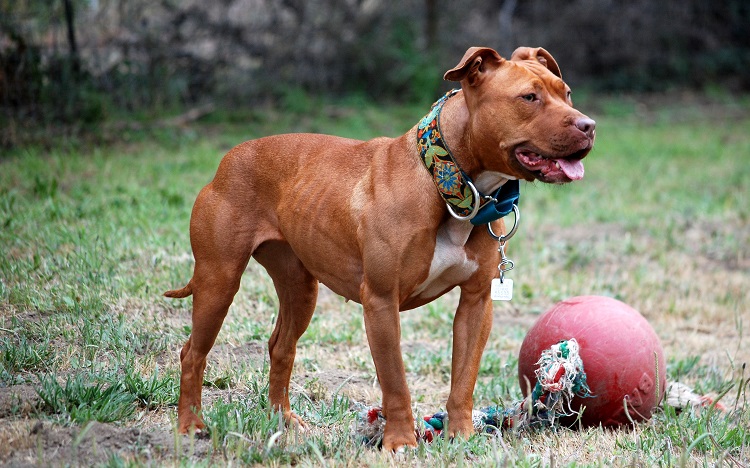
Dog ownership is a privilege that only responsible owners seem to understand and take seriously. Breed-specific laws don’t focus on properly caring for a pet through education. Also, individuals who raise fighting dogs will always find other victims in unregulated breeds.
As dog owners, we’re all drawn to K9s for specific reasons. We look for the best family dog based on looks, temperament, and other characteristics. We chose these breeds to match our personality, which means some canines get matched with undesirable owners.
In short, pit bull ownership and gangs have a past that links back to the initial breed-specific laws in the 1980s.
The Problem with Breed-specific Legislation
BSL unleashed thousands of innocent dogs on the shelter and rescue organizations. These facilities must also cope with thousands of other community problems, abandoned dogs, and careless pet owners. Pit bulls and all the dogs that live under this moniker aren’t the first breeds to suffer from BSL.
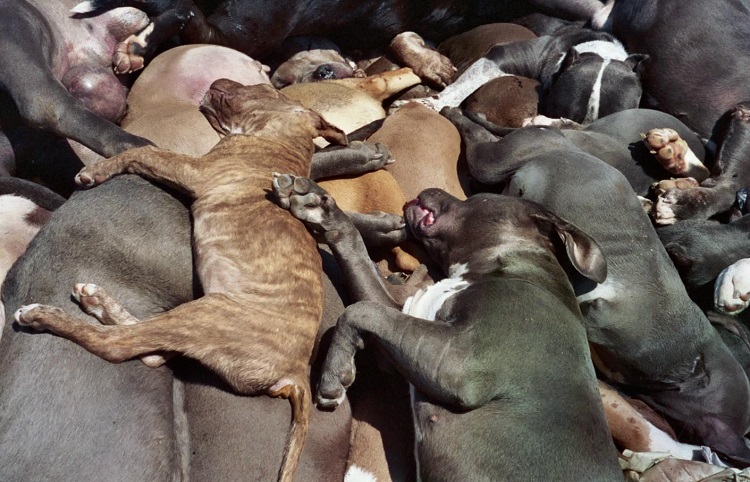
The Rottweiler, German Shepherd, and Doberman Pinschers who now live comfortably within our communities survived this discrimination (though not all of them did). In a nutshell, BSL is a burden on responsible owners of any dog breed and innocent dogs regardless of breed or breed mixture.
Aside from blanket discrimination against pit bulls, experts can’t identify a vicious dog by looking at it. The other fact is that it targets responsible owners and lumps them in with individuals who aren’t. Irresponsible dog ownership means providing inadequate training, exercise, diet, vet care, and behavior skills.
BSL forces owners to give up their loving dogs based on the behavior and neglect of someone else. Service dogs are a prime example of how wrong this type of discrimination is.
German Shepherds, Doberman Pinschers, Rottweilers, and other dogs are revered active service dogs. They were once (some still are) on the list of dangerous dogs.
BSL punishes but doesn’t address the big issue. Dogs benefit from learned behavior under supervision. Dogs left to their own devices without training develop bad manners. It doesn’t make them bad.
It means they don’t know what is expected of them. Responsible owners work those kinks out, while irresponsible owners neglect and foster this sort of bad behavior.
What Are the Alternatives to Breed-specific Laws?
Good people know the answer and that alternatives to BSL have brilliant results. Although wrong sources have painted a dire picture, it needs better data. According to the CDC, many factors are precursors that escalate into problems. Looks or breed-specifics don’t identify dogs that have aggression issues, instead they:

- Are hereditary
- Gender and reproductive related
- Dog’s socialization and treatment as a puppy
- Lack of training and obedience
- Continuous neglect and abuse
The CDC supports breed-neutral laws that overcome the negative effects of breed-specific legislation and focus on the following:
- Better dog license laws enforcement
- Lower spay/neuter costs
- Dog laws that consider the behavior of individuals and their dogs
- Dog laws that punish dog guardians by relegating the financial burden on owners
- Graduated penalties
- Specific laws that concentrate responsibility on civil and criminal liability
- Regulations that punish and forbid chaining and unreasonable confinement and enforce animal cruelty laws and dog fighting laws
- Community involvement in reckless ownership cases
There are countless opportunities to resolve outdated and irresponsible BSL standards. The ASPCA offers all interested parties a complete proposal about BSL.
Conclusion
Americans are okay with jumping on the bandwagon for a good cause. They stand up against animal testing and animal cruelty and donate generously to good causes.
Sometimes hype and misinformation cloud the picture and deviate from the truth. Pit bull ordinance and BSL are ongoing debates. But there is hope for responsible dog owners.
You can also make a difference using reliable resources like the HSUS and ASPCA for information. Breeding Specific Regulations are discrimination based on ill-founded facts and unsubstantiated opinions on breed bans.


